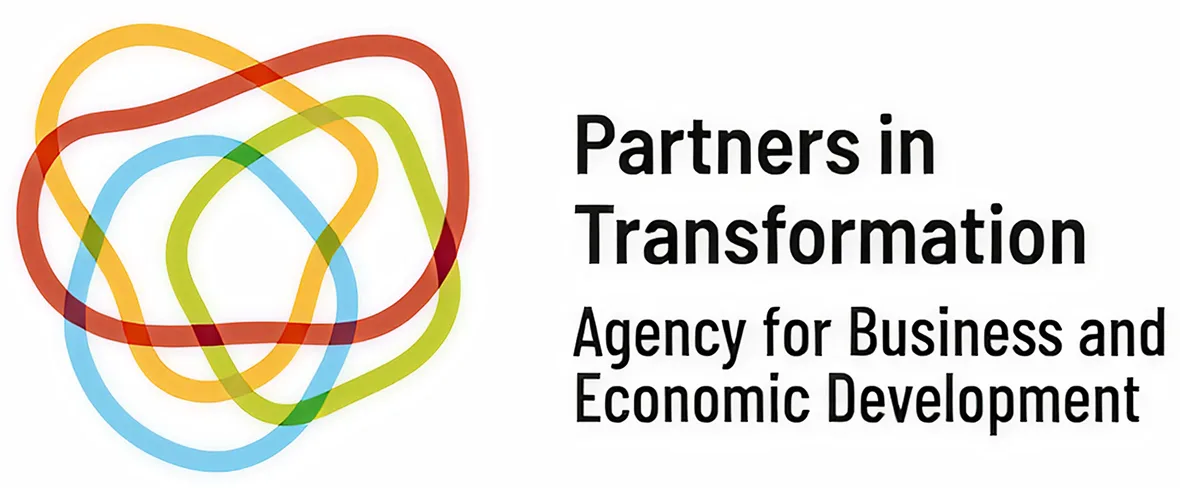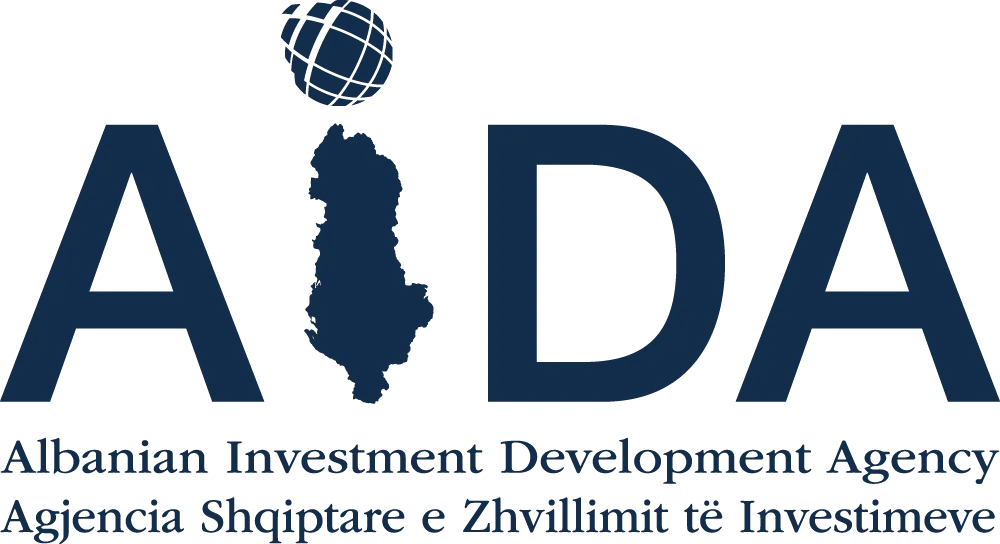Why partner with Albania’s IT/GBS sector?
Albania’s digital transformation is driven by proactive strategies in talent attraction and innovation. The country’s ICT sector is among Southeast Europe’s fastest-growing, with value-added rising by 116 per cent since 2018.
Strategically positioned as a gateway to EU, Western Balkans, and Mediterranean markets, Albania leverages innovation leadership and rapidly advancing digital infrastructure, making it an appealing destination for growth-driven investors in the dynamic digital landscape.
Programmes and initiatives including digital nomad visas and early coding education are developing a skilled, young workforce ready for the digital age.

The ICT sector’s expanding economic footprint
In 2024, the ICT sector contributed to almost 2.3 per cent to Albania’s GDP [i], up from two per cent in 2018.
In 2024, value added by the ICT sector to the Albanian economy reached 568 million euros, an impressive 116 per cent increase compared to 2018. This also corresponds to a compound annual growth rate of approximately 13.6 per cent during the 2018-2024 period, marking out ICT as a high-growth sector.
In 2024, the ICT sector’s output reached 1.44 billion euros in current prices, building on a sharp rebound in 2023 when output rose to 1.35 billion euros. Compared to 2018, the sector’s output has increased by approximately 82 per cent.
ICT-driven services have become a key driver of Albania’s export performance. In 2023, exports of computer services reached 181.3 million euros, a notable surge of 384 per cent since 2018.
Innovation leadership
More than 67 per cent of ICT firms in Albania engaged in innovation activities between 2020 and 2022.
The ICT sector has the highest innovation rate of all economic sectors in Albania[ii].
Labour market
In 2023, Albania’s ICT sector employed 21,281 people—up 69.7 per cent from 2018. This expansion was nearly nine times faster than overall employment growth, which rose by just 7.7 per cent over the same period.
The ICT sector has added jobs consistently each year, including during the Covid-19 pandemic. Its share of national employment climbed from just over one per cent in 2018 to more than 1.6 per cent in 2023—a 58 per cent increase in relative terms.
Over the last seven years ICT salaries in Albania have increased by nearly 96 per cent, reaching to 1,166 euros per month in 2024. The increase reflects growing skills and demand, while staying well below wages in Greece, Bulgaria, Croatia, Czechia, Hungary, and Poland.
Talent and education
In 2024, 2,262 individuals completed ICT studies in Albania—a 14.1 per cent increase from the previous year and the highest annual growth since 2018. ICT graduates accounted for over eight per cent of all higher education graduates, up from 6.8 per cent in 2018.
Growing and diverse market structure
In 2024, 5,408 firms operated in the ICT sector, including 1,053 which were newly registered during the year.
The total number of firms operating in 2024 increased by 61.4 per cent compared to 2020 and by 120.5 per cent compared to 2015.
International rankings and digital governance
In 2024, Albania ranked 49th out of 192 countries in the UN E-Participation Index. It outperformed several EU member states, including Greece, Romania, Bulgaria, Italy, and Portugal.
In 2024, Albania ranked 22nd out of 43 European countries in the UN Online Service Index outperforming several EU members including Italy, Luxembourg, Belgium, Latvia, and Poland.
Within the subcategories of the 2024 UN Online Service Index, Albania achieved an impressive fourth place in content provision, trailing only Italy, Lithuania, and Luxembourg.
Albania also ranked 16th in service provision—surpassing many EU countries including Austria, Poland, France, Belgium, Italy, and also, Switzerland.
This programme is an initiative of

implemented by

and delivered by
Institutional partners


Emerging Europe
Destinations
Emerging Europe is a management and policy advisory.
We help public and private sector organisations with a stake in the region grow, using our integrated approach that blends thought leadership, market intelligence, and network access.
Destinations is designed to present locations across emerging Europe to a global, business-oriented audience of over a million readers each year.
If you are interested in featuring your location in Destinations, contact us at office@emergingeurope.org.